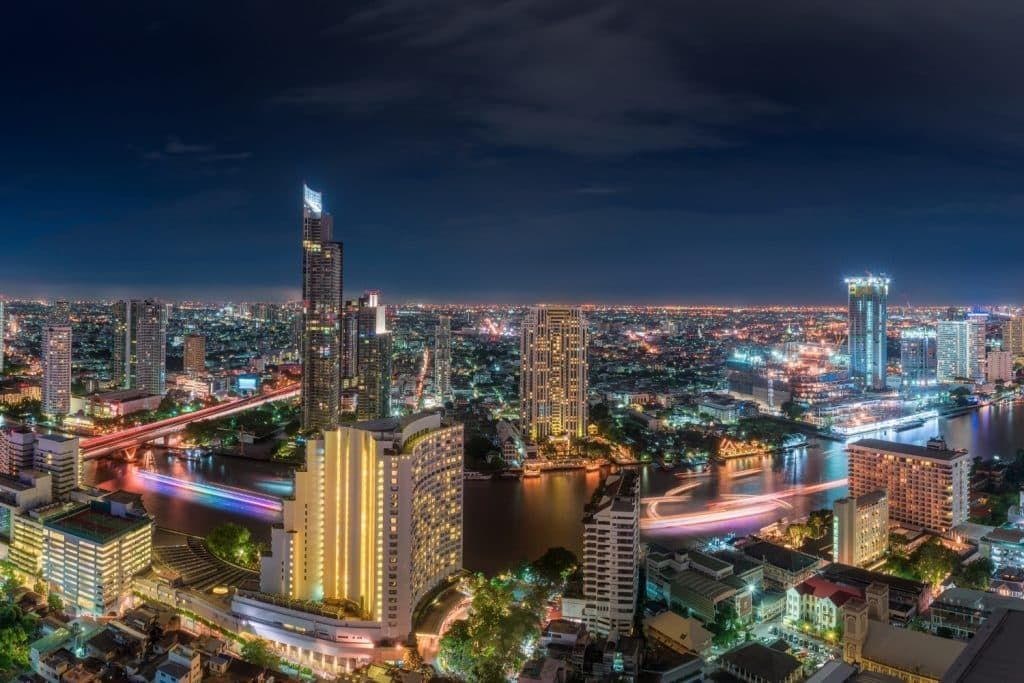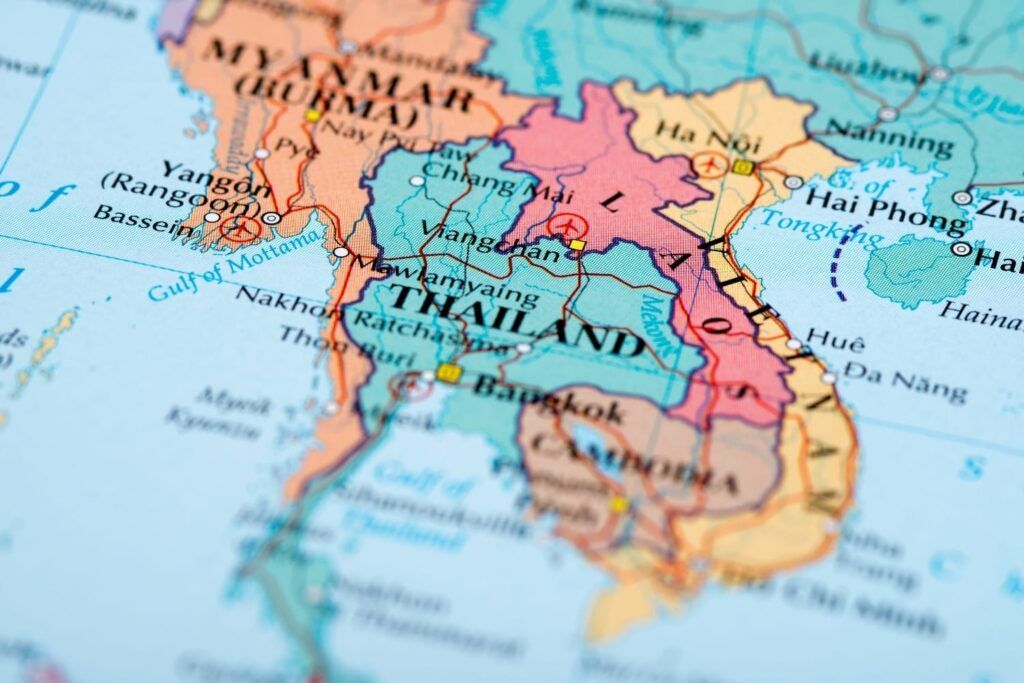Property Management News, Knowledge, Current Affairs, and Videos
Thailand Property Rent Prices Take a Big Dive Due to the Pandemic? Don’t Panic! Join Sorsa International Real Estate as We Explore the Real Post-Pandemic Normal in Thailand’s Rental Market.
Is Thai Real Estate Still Worth Investing In?
Under the impact of the pandemic, the global economy has been significantly affected, and many people have concerns about overseas investments, including investing in Thai real estate. So, what is the current situation of the Thai real estate market, and is it still worth investing in? What do you need to know if you want to invest in Thai real estate? In fact, every crisis comes with opportunities. During a crisis, in addition to well-known safe-haven assets, the advantages of investing in property are more pronounced, as real estate tends to be one of the safest investments against inflation.
If we only look at the short term, the current situation of Thai real estate may seem to be facing a crisis. Thailand has canceled the free visa-on-arrival policy and plans to reopen the tourism industry in July. However, apart from short-term temporary restrictions like visa policies, long-term policy changes such as fluctuations in Sino-Thai relations and changes in the Thai real estate market's policies are what investors should be more concerned about.
The Thai real estate market is highly open, with relaxed purchasing policies. After investing in Thai real estate, investors can enjoy the same permanent property rights as Thai citizens. This means that as long as you are of legal age, you can purchase Thai real estate fully, and the usage-related information, such as taxes for buying and selling, will be the same as for Thai nationals.

Thai real estate prices are expected to remain favorable in the long term. Is now the right time to invest? Why?
The Thai real estate market is particularly immune to bad news, as buying a house is a long-term investment. As long as demand remains sufficient, the entire market can continue to stabilize, and investors do not need to worry about short-term fluctuations. The economic development of Thailand in the past two years has been evident to all, not only advancing rapidly under China's "Belt and Road" initiative but also about to promote the "Eastern Economic Corridor" (EEC) plan. Through multi-industry and multi-dimensional economic development, especially the construction of significant infrastructure, various regions in Thailand are currently in full swing. The Thai government is vigorously constructing transportation infrastructure, and with economic development and an increasing number of investors, Thailand's real estate economy will steadily grow. In light of this favorable outlook, now is a good time for investors to enter the market while Thai property prices have not significantly increased.
In the next two years, the ten ASEAN countries will open up, and Thailand, as the central country among them, is attracting many investors to invest in Thailand. Currently, property prices in Bangkok are still cheaper than in other major Asian cities, with a full range of living facilities and a high degree of internationalization. In 2021, the government introduced favorable short-term policies to stimulate economic recovery and promote real estate development, including reductions in transfer taxes, lower thresholds for home buying, increased bank mortgage accessibility, and major news such as granting long-term visas to foreign home buyers and allowing foreigners to purchase villas, which will attract a large number of foreign investors.
This year marks an important milestone in the completion of large-scale infrastructure, which will enhance urban functionality and improve living environments. Among these is the much-anticipated Bang Sue terminal of the Sino-Thai high-speed railway, which is basically completed and is expected to officially open this year. Convenient transportation will greatly boost the economic development of the surrounding areas and further enhance property value. The future of Bangkok's real estate market looks very optimistic. Real estate experts in Thailand state that, apart from China, investors from other countries also show strong demand for Thai real estate, and it is expected that the demand for Thai real estate will reach a small peak in the next five years.
Investors should understand that land prices fluctuate due to various factors, but within the real estate industry, population movement is generally viewed as one of the most significant influences. Population movement toward areas with good educational and job resources is an inevitable trend recognized worldwide. Areas with a consistent net inflow of population often represent locations with well-developed infrastructure, leading to continuous property price increases; conversely, areas with a long-term net outflow of population should be concerned about prolonged vacancies in housing.

Demand for local real estate rentals in Thailand remains strong, and prices are expected to rise as tourism returns!"
Indeed, at the beginning of this year, the number of foreigners entering Thailand significantly decreased due to the pandemic. However, on one hand, once the pandemic is under control, this number of incoming foreigners is sure to rebound. On the other hand, the most significant demographic data affecting a country's property prices is the local long-term resident population. For instance, purchasing apartments for investment purposes, primarily for rental, is currently seen as favorable since the demand in Thailand's apartment market continues to grow in both demand and supply. In areas near university towns, student apartment projects still see local students attending classes, and the demand for accommodation remains strong, showing little impact from the pandemic. This is fundamentally why rental prices across Thailand are still robust and the demand in the rental market is increasing.
Another notable characteristic of the Thai real estate market is its livability; investments are made with a long-term perspective, focusing on future value. With the effective control of the pandemic in Thailand and the rollout of COVID-19 vaccinations, the Thai economy is beginning to recover, sending positive signals for overseas real estate investments. According to expert analysis, the Thai real estate market is expected to gradually recover and see price increases in the third quarter of 2021. Therefore, investing in Thai property during the pandemic may be a relatively stable investment option.











